Weston-super-Mare Labour Party
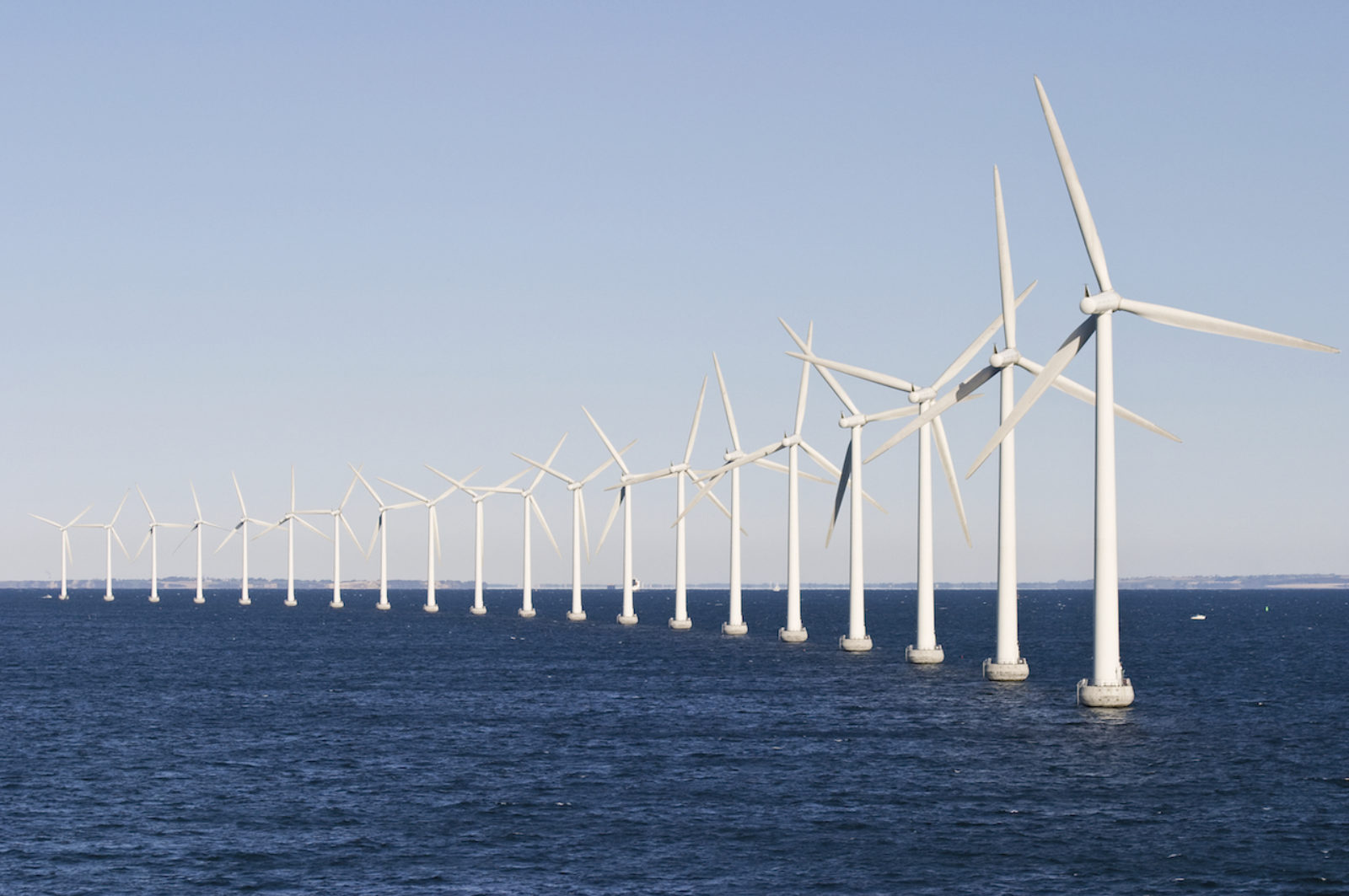
By Holly Law
If you haven’t heard, climate change is an existential problem and we need to do something about it. Yes, I really do mean existential – the existence of humans is literally at risk.
On this subject, I was lucky enough to hear Nicky Jones, a local freelance researcher and writer speak about climate change in the UK at a public meeting hosted by the North Somerset Green Party. Here are my thoughts based on the information she shared.
That IPCC report
Depending on where you consume your media you may or may not have heard the alarm bells ring following the latest UN IPCC report . The headline is this: if we are to keep global warming to a maximum 1.5 degrees we have just 12 years to take urgent, drastic action.
The good news is IT CAN BE DONE.
The bad news is we are not on track to make it happen.
Come on world
Sticking to the bad news (I promise there’s a Labour shaped light at the end of the tunnel!), remember the Paris Agreement Trump pulled the U.S. out of and everyone called him rude names?
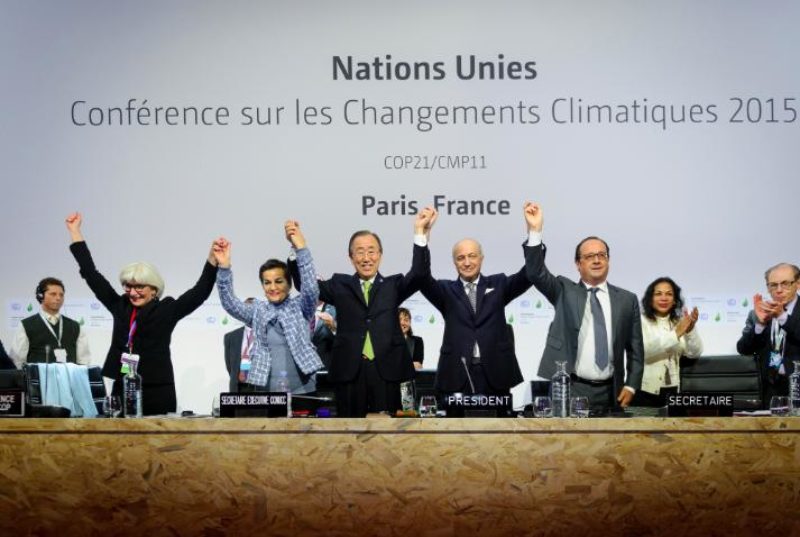
Not wanting to be accused of any Trump-loving I am going to point out an uncomfortable truth. Even if every voluntary target pledged in the Paris Agreement were reached, we would still be facing an increase in global temperature of around 3 degrees. The IPCC report has made it clear that to avert catastrophic consequences we need to halt warming at 1.5 degrees.
Here’s how the world is doing so far, with thanks to the carbon action tracker project for monitoring progress.
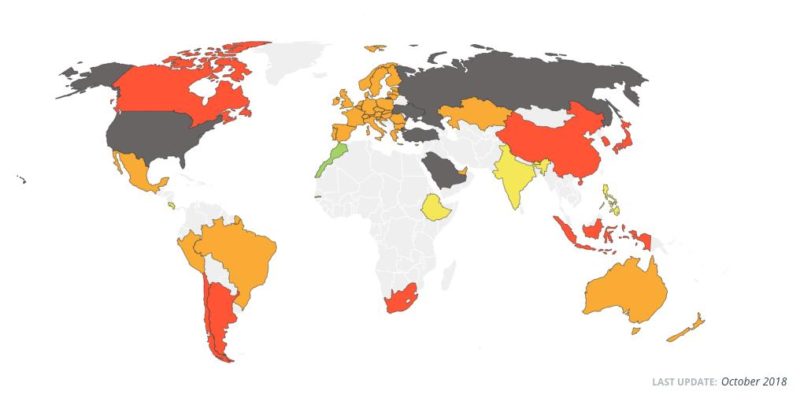
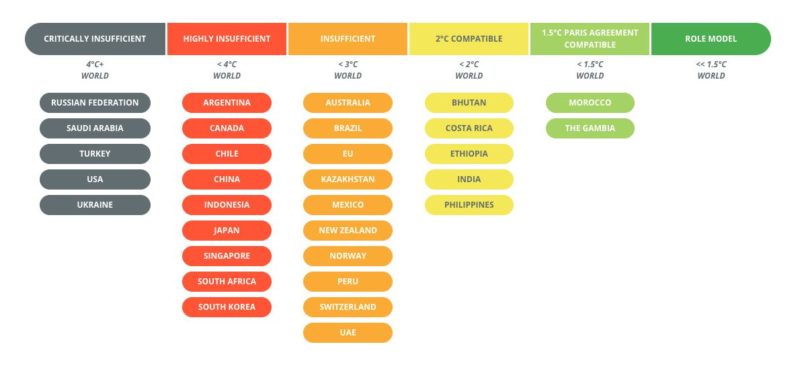
Just a degree or so?
Can the impact be much different if the world warms by 2 degrees instead of 1.5 degrees? The answer is a very clear yes. Examples of the impact of 0.5 degrees extra warming include millions more people at severe risk of drought and the destruction of coral reefs. Please, don’t take my word for it, take the word of 70 peer-reviewed academic articles that highlight the difference these small numbers will make. Or have a glance at this NY Times article if you’re looking for something a little less detailed and a bit more giphy.
The UK are doing all they can.
Ha. Hahahaha. Yeah, that’s what the government would like you to think. Look at this pretty graph they produced to show us that total UK greenhouse gas emissions have decreased an impressive-sounding 43% between 1990 – 2017:
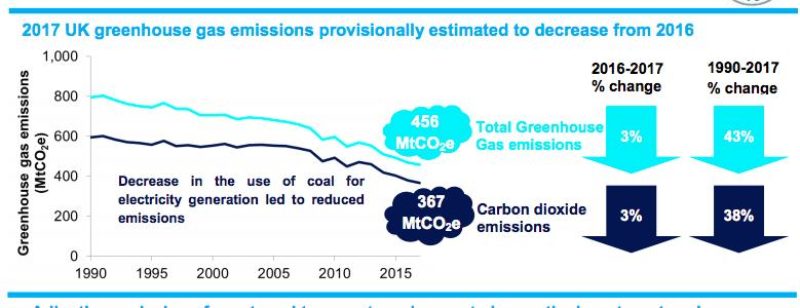
An impressive figure yes. But a figure that reflects reality, not so much. Here’s a few examples of what is not included in the calculation:
1.Embedded emissions. These are the emissions ‘hidden’ in the products you buy. They are the emissions released into our precious atmosphere in the production of goods that we import, and they don’t appear on the UK accounting sheet. This is particularly important when you consider the UK trade balance. In 2017 the value of UK goods exports was £338,871 million. The value of UK goods imports was £476,319 million. In a nutshell, we import much more than we export, and the emissions produced by the goods we import – even though we consume those goods – are not counted in our emissions data.
2.International aviation and shipping. All that transport to get people and goods around the world does not show up on any countries budget. (If anyone can prove me wrong on this I will bake you a cake as this seems too ridiculous).
3.Emissions from waste.
4.Emissions from biomass and waste to energy.
I’ve got a stress twitch in my eye after writing that.
Round of applause for Labour
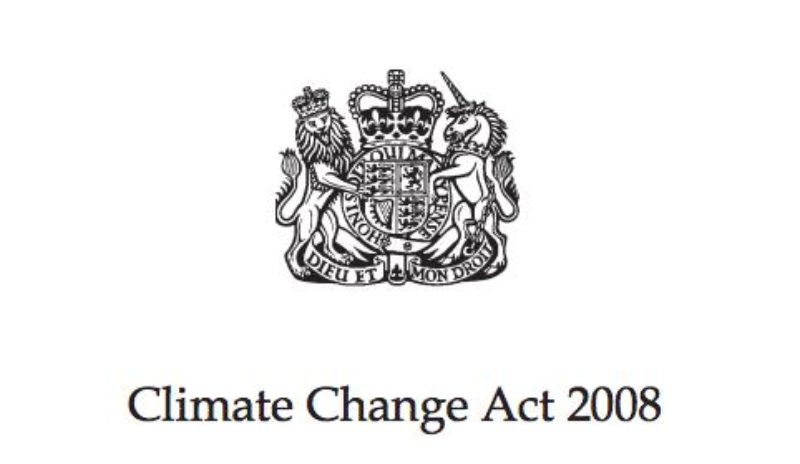
The government might not be doing enough, but at least they are doing something to try and reduce emissions. We should pause to thank Labour for ensuring action. The Climate Change Act 2008, enacted by the Labour Government, was described in a recent LSE report as
“instrumental in advancing climate action over the past decade but reform will be needed if the UK is to meet its international climate obligations”
Anyone interested in preserving human life on this planet can help by concerning themselves with this necessary reform.
Targets
We can probably agree with a nod to common sense that targets are more likely to be met when they are legally binding as opposed to voluntary (looking at you, Paris Agreement).
The beauty of the Climate Change Act 2008 is that it commits the UK government by law to reducing greenhouse gas emissions by at least 80% of 1990 levels by 2050.
It achieves this through carbon budgets. The first five carbon budgets have been put into legislation and run up to 2032. Once a carbon budget has been set, the Climate Change Act places an obligation on the Government to prepare policies to ensure the budget is met.
Not enough
I am proud that Labour takes climate change seriously and committed the UK government to reducing greenhouse gas emissions. However, the recent IPCC report has reiterated the need for reductions to be greater and sooner than was realised when this law was enacted ten years ago.
The current target of reducing greenhouse gas emissions by at least 80% of 1990 levels by 2050 is no longer enough. The IPCC report makes clear that if we are to keep global warming at no greater than 1.5 degrees, we must reduce greenhouse gas emissions by 100% by 2030.
Not fit to govern
Of course, you can be almost forgiven for not realising the problem at hand if you took notice of Hammond’s recent Budget. It made no mention of the IPCC calls for governments to take urgent action. As highlighted in a letter signed by environmental groups and several Labour MP’s, the Budget ignored the opportunity to commit to a programme of mass reforestation, carbon capture and investment in sustainable infrastructure, especially transport. Perhaps worse still than failing to invest in solutions, the Budget increased support to fossil fuel industries:
“£28.8 billion for the National Roads Fund for Highways England between 2020 and 2025, an extra £420m on top of the current fund of £300m immediately available to councils to tackle potholes, and fuel duty has been frozen for the ninth consecutive year, despite the fact it was revealed freezing fuel duty costs the Treasury £800m a year”
Do we want our children to be able to live on this planet?
It’s not just the Budget that indicates the inability of the Conservative party to tackle the enormous problem of climate change, as their commitment to fracking makes clear. Why are they unwilling to take the action necessary to protect the planet we share? Do they not want their children to be able to live on this planet? Are they so convinced of their superiority that they do not fear the climate-breakdown-caused devastation already being faced by millions of people, let alone animals and plants? What the hell is wrong with these people?
The Green Transformation
The only thing that keeps me from weeping in despair is being a member of a party that is committed to taking the action required to ensure warming does not exceed 1.5 degrees.
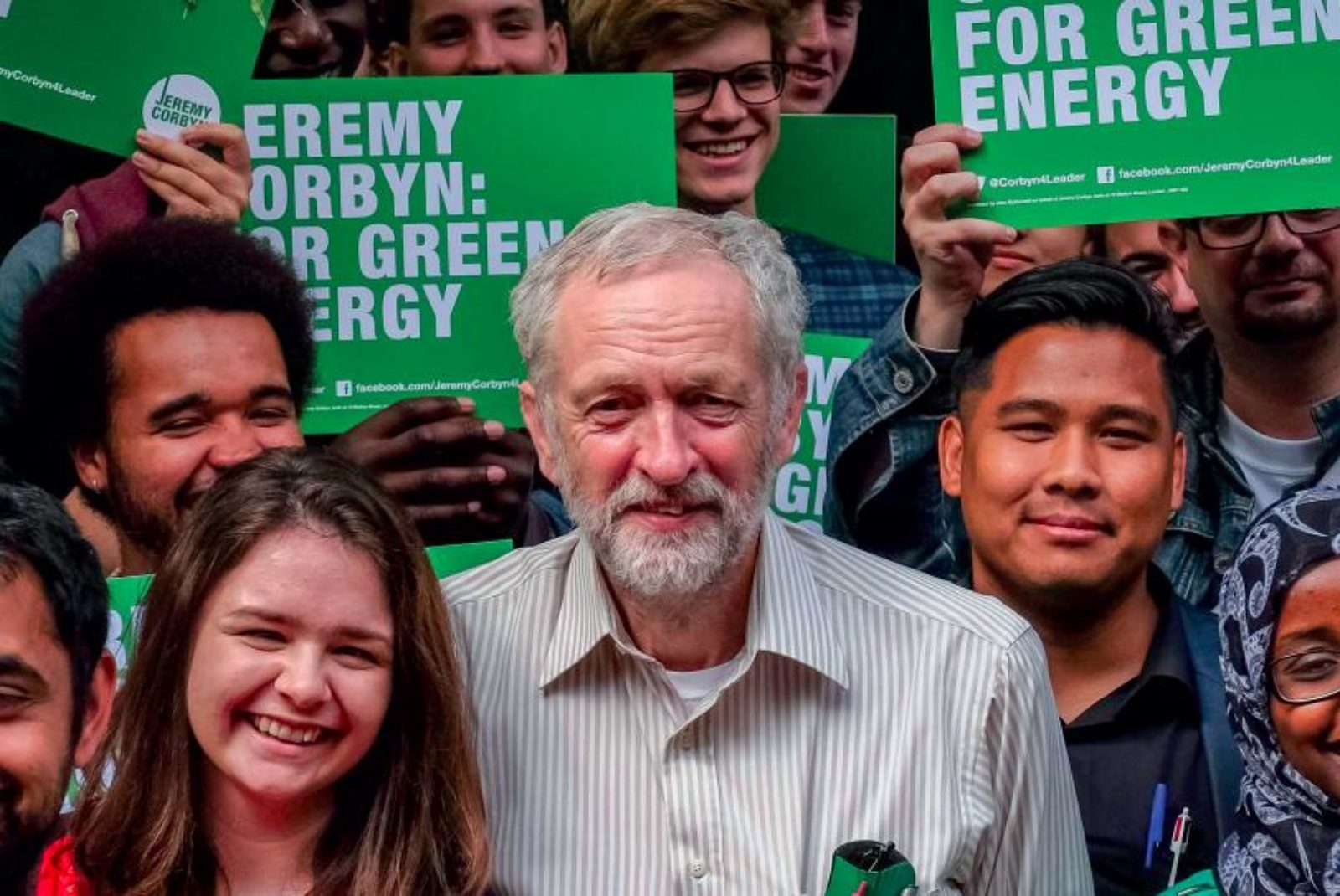
Labour’s Environment Policy contains the solutions, based around three priorities:
- Preventing dangerous climate change and adapting to existing climate change
- Achieving high air and water quality
- Reversing the decline of biodiversity and protecting natural habitats
Let’s read the policy, discuss the problems and solutions and talk to everyone we know about the difference a Labour government will make for the many, not the few.
